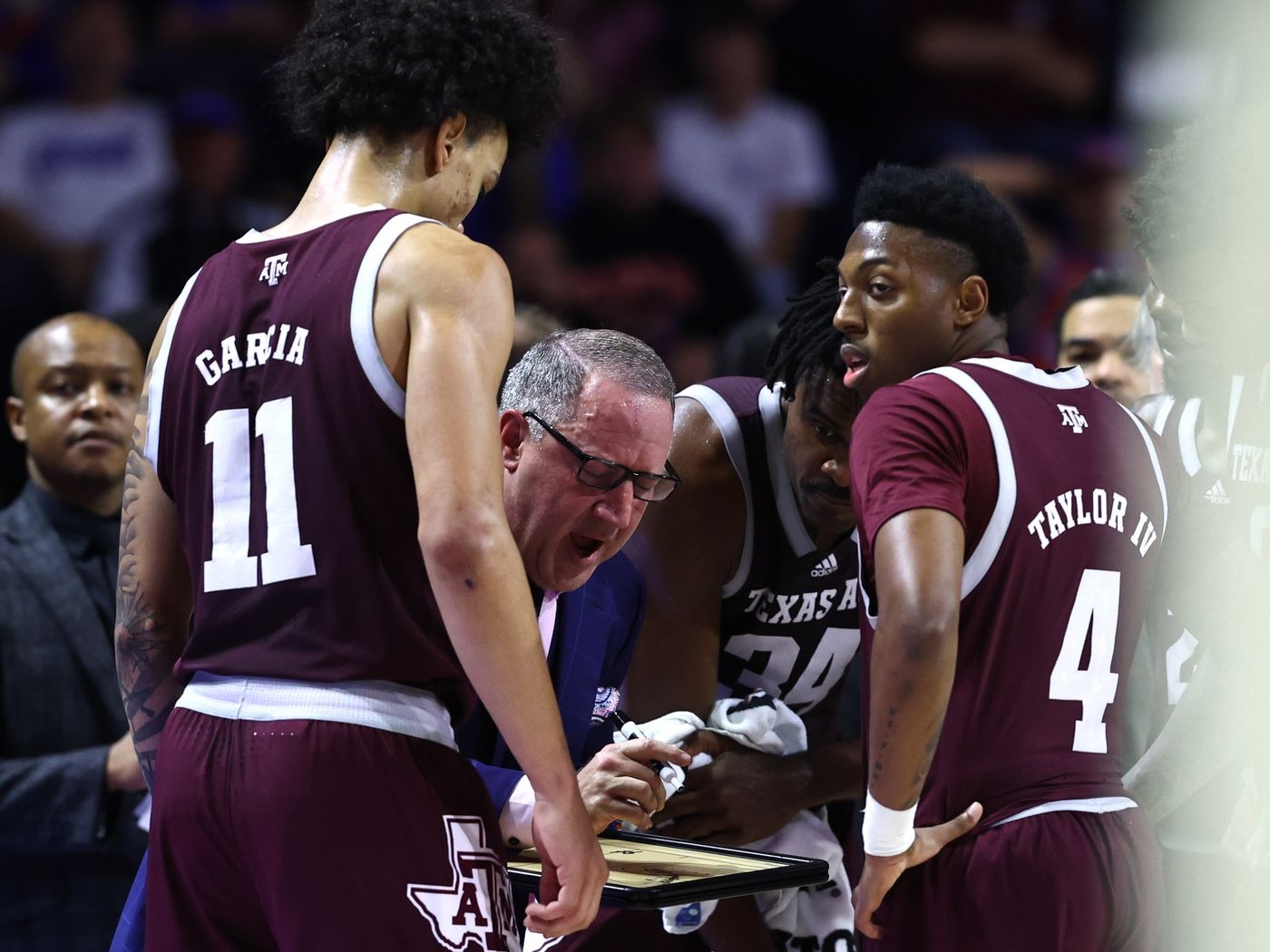The secretive nature of college football finances began to dissipate in 2024, marking a turning point for many fans as they recognized the sport’s massive financial stakes.
With billions of dollars circulating in the industry, a portion of this revenue now directly benefits the players.

As a result of this new financial approach, programs are increasingly turning to external investors to bolster their rosters. These investors, in turn, seek transparency regarding the value of their contributions.
To address this demand, CNBC collaborated with Athletic Director U, a development program for future athletic directors, to create a list ranking the most valuable college football programs, offering some expected and unexpected outcomes.
Top Programs and Surprising Trends
The top ten programs, according to their research, are:
1. Ohio State – $1.318 billion
2. Texas – $1.281 billion
3. Texas A&M – $1.264 billion
4. Michigan – $1.062 billion
5. Alabama – $978 million
6. Notre Dame – $969 million
7. Georgia – $950 million
8. Nebraska – $943 million
9. Tennessee – $940 million
10 Oklahoma – $928 million
The inclusion of powerhouses like Ohio State, Texas, Alabama, and Georgia comes as no surprise. These programs boast consistent success, multiple championships, and passionate fan bases.
Notre Dame remains a financial giant thanks to its storied history and a loyal following, even without recent major bowl victories.
However, Nebraska and Texas A&M stand out as unusual entries due to their lack of recent on-field success. Nebraska’s dominance in the 1990s and its status as the state’s primary sports focus continue to pay dividends.
Similarly, Texas A&M benefits from an exceptionally devoted fan base and robust NIL funding, despite struggles with coaching hires and inconsistent results.
For programs like Nebraska and Texas A&M, fan dedication and strong attendance can outweigh performance.
Meanwhile, schools like USC, located in competitive markets like Los Angeles, struggle to keep pace due to high ticket prices, inconsistent performances since the Pete Carroll era, and regional distractions.
College sports, however, can experience rapid moves. Alabama, for instance, endured a decade of mediocrity before Nick Saban’s arrival transformed it into a powerhouse.
Winning is often the catalyst for increased revenue, though Nebraska and Texas A&M demonstrate that fan loyalty and strategic investments can sustain value even during lean years.
